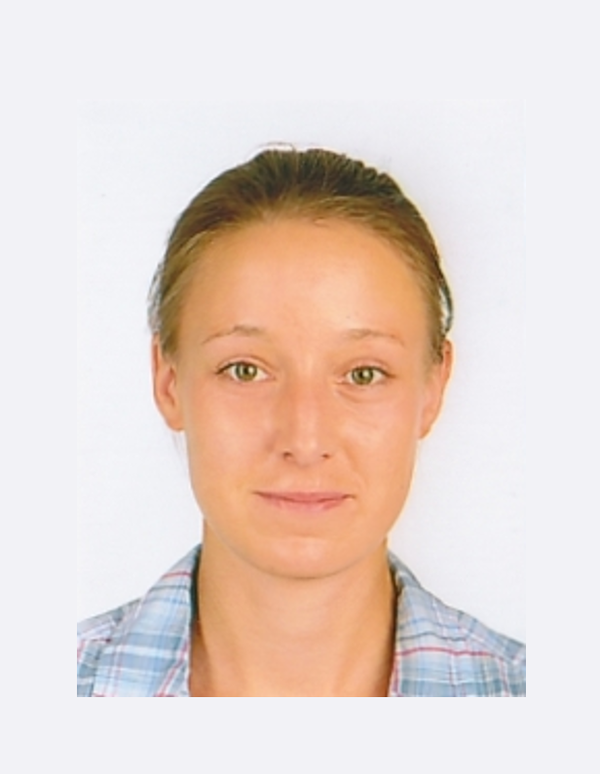Lippi N, Senger E, Karhu S, Mezzetti B, Cianciabella M, Denoyes B, ... & Chiara M (2023). Development and Validation of a Multilingual Lexicon as a Key Tool for the Sensory Analyses and Consumer Tests of Blueberry and Raspberry Fruit. Agriculture, 13(2), 314. (DOI: 10.3390/agriculture13020314)
Senger E, Osorio S, Olbricht K, Shaw P, Denoyes B, Davik J, ... & Mezzetti B (2022). Towards smart and sustainable development of modern berry cultivars in Europe. The Plant Journal, 111(5), 1238-1251. (DOI: 10.1111/tpj.15876)
Martin M, Bohlinger B, Senger E, Dongmeza E, Andrianirina ZT, & Montes JM (2019). Genetic improvement of edible and non-edible Jatropha for marginal environments in Sub-Saharan Africa. In Jatropha, Challenges for a New Energy Crop (pp. 3-27). Springer, Singapore. (DOI: 10.1007/978-981-13-3104-6_1)
Andrianirina ZT, Martin M, Dongmeza E, & Senger E (2019). Effects of genotype, direct sowing and plant spacing on field performance of Jatropha curcas L. Agronomy, 9(8), 465. (DOI: 10.3390/agronomy9080465)
Senger E (2018). Characterization and management of Jatropha curcas L. germplasm. Dissertation, electronic publications of the University of Hohenheim.
Senger E, Bohlinger B, Esgaib S, Hernández-Cubero LC, Montes JM, & Becker K (2017). Chuta (edible Jatropha curcas L.), the newcomer among underutilized crops: a rich source of vegetable oil and protein for human consumption. European Food Research and Technology, 243(6), 987-997. (DOI: 10.1007/s00217-016-2814-x)
Senger E, Martin M, Dongmeza E, & Montes JM (2016). Genetic variation and genotype by environment interaction in Jatropha curcas L. germplasm evaluated in different environments of Cameroon. Biomass and Bioenergy, 91, 10-16. (DOI: 10.1016/j.biombioe.2016.04.017)
Senger E, Martin M, & Montes JM (2016). Parental and heterotic effects in Jatropha curcas L. seedlings. Tropical Plant Biology, 9(1), 42-49. (DOI: 10.1007/s12042-016-9160-9)
Senger E, Martin M, & Montes JM (2015). Classification of Jatropha curcas L. genotypes into germplasm groups associated with the presence of phorbol esters by means of seed characteristics. Industrial Crops and Products, 78, 9-12. (DOI: 10.1016/j.indcrop.2015.10.005)
Montes JM, Bulach A, Martin M, & Senger E (2015). Quantitative trait variation in self-and cross-fertilized seeds of Jatropha curcas L.: parental effects of genotypes and genetic pools. BioEnergy Research, 8(3), 1197-1202. (DOI: 10.1007/s12155-014-9576-8)
Senger E, Mohiley A, Franzaring J, & Montes JM (2014). Laboratory screening of aluminum tolerance in Jatropha curcas L. Industrial Crops and Products, 59, 248-251. (DOI: 10.1016/j.indcrop.2014.05.022)
Senger E, Peyrat A, Martin M, & Montes JM (2014). Genetic variation in leaf chlorophyll content of Jatropha curcas L. Industrial Crops and Products, 58, 204-211. (DOI: 10.1016/j.indcrop.2014.04.003)

